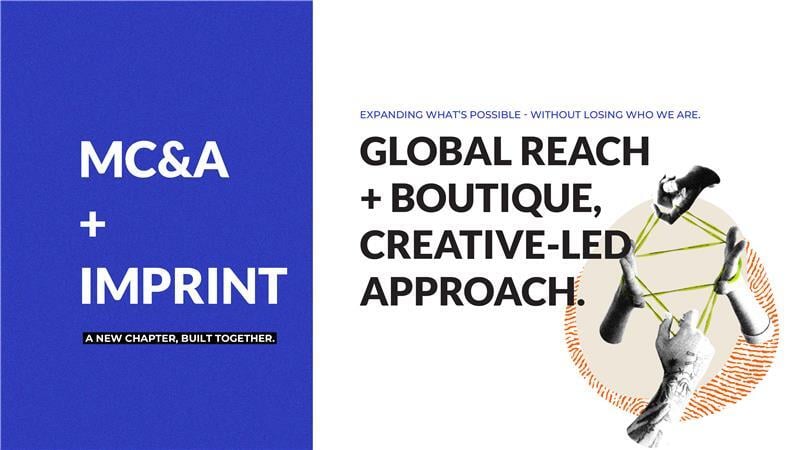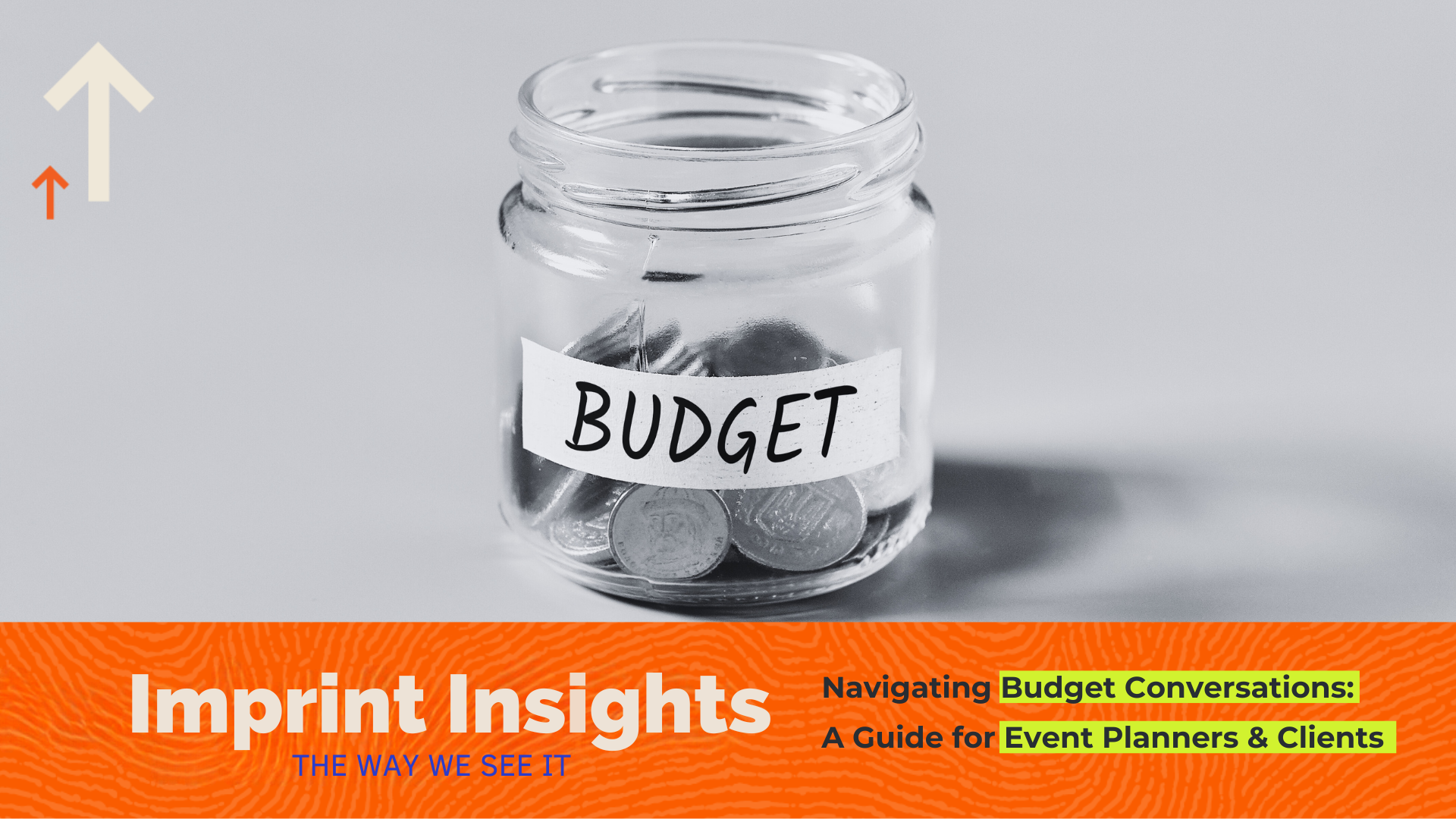The Power of Authentic Negotiations: Thinking Outside the Box and Finding Solutions
When it comes to our industry (any industry, really), the negotiation process between clients and vendors is crucial. Both parties want what's best for them, their clients, and their budgets, but perspectives can differ. Clients are trying to articulate their vision while staying within budget. Vendors aim to deliver an exceptional experience while ensuring fair compensation.
It's a dance for sure and can be a bit cumbersome and awkward. But if both parties approach it with empathy, trying to understand the other's perspectives and constraints, negotiations can be transformed into a collaborative problem-solving exercise. If both are willing to be open and authentic, actively listening to understand each other's needs and priorities truly, you open the door to creative solutions that benefit everyone.
First, don't be afraid to have more complex conversations that dig deeper. For clients, clearly explain your goals, concerns, and must-haves for the event. Listen, this could be the fact that you HAVE to deliver on cost savings, or the truth is, you need some sort of "evidence" that you at least tried to "negotiate" (we've all been there, right?). So here's a funny scenario: as consumers, how much bargaining power do we have? I've always asked myself this...When negotiating with vendors – I tried to bear that in mind. I find it interesting that you can't deal with Airlines, but we expect hotels to come down on their room rates. It's just a fascinating position to be in. Why is that? Is it because that's how the industry is set up? Is it because that's the way it's always been done? (Sounds like a good podcast episode – LOL).
I digress. The goal of these open, candid conversations is to establish trust and authenticity toward a common goal. Experienced vendors appreciate this candor as it allows them to tailor their services more precisely and build a more robust long-term partnership.
On the vendor/partner side, actively listen and ask exploratory questions. Don't make assumptions—the client's needs may be more nuanced than what's on the surface. An open dialogue allows you to get to the heart of their vision and priorities. Sure, if you need to present the standard "concessions," fine, but when you take the time to evaluate those against their specific asks, maybe there should be some alteration? Summarize and confirm your understanding to avoid misunderstandings.
Having come from both sides, I'm looking for a partner who will listen and work to collaborate on negotiating the needs. Don't just present the standard concession as the final offer, spending so much back and forth time altering, adjusting, and finally reaching a consensus. Stop, listen, measure, adjust, present. Be willing to compromise and flex where possible while still meeting core needs.
Both parties should approach negotiations assuming the other has good intentions and works towards the best possible outcome.
Ok, I talked about listening and being open – well, now it's time to deliver those concessions. Maybe the standard concessions are a perfect fit, or they just don't work (like a "free something" that provides no value). I planned and contracted multiple events and always saw the same concessions – comp nights, F&B discounts, free transfers, complimentary nightly amenities, etc. I always crossed most out. Mainly because the client I was advocating for had an exciting payment structure, which they couldn't take advantage of.
I found myself digging into my budget for areas where I could alleviate pain points. It was the best concession I ever had, so wait for it. Onsite staff runner! The amount of time and hassle this saved our team was invaluable. I always had to bring staff onsite for this, rent a car, etc. Instead, this vendor offered a staff person for our time to assist with last-minute errands, needs, and other inevitable fires that surface onsite. BEST concession! Maybe I paid for this through markup or somewhere else, but the fact that they were willing to get creative and think outside the box got my attention.
Other innovative solutions include providing onsite radios or an event app for better communication, adjusting payment terms, bundling services across vendors, leveraging vendor partnerships for unique offerings, etc. The possibilities are endless when you ditch the cookie-cutter approach.
You must fully understand the ask from all angles to reach the best solution. For clients, please be clear about your objectives, budget, areas of flexibility, and absolute must-haves. Vendors dig into the client's priorities—what are their nice-to-haves vs. non-negotiables? The more context you have, the better you can negotiate unique concessions that truly move the needle.
The most successful negotiations stem from partnerships built on transparency, understanding, ingenuity, and a willingness to adapt. Don't get boxed in by trying to fit a square peg into a round hole. By actively listening, asking thoughtful questions, and maintaining an open mind, negotiations become an avenue for co-creating memorable experiences rooted in mutual trust.
Relevant posts

Subscribe to Our Blog
Related Posts

Nurturing Comfort on the Go: Crafting Your Personal Oasis Amidst the Wonders of Travel

Reflecting on 2023: A Year of Transformative Events and Thoughtful Spending



